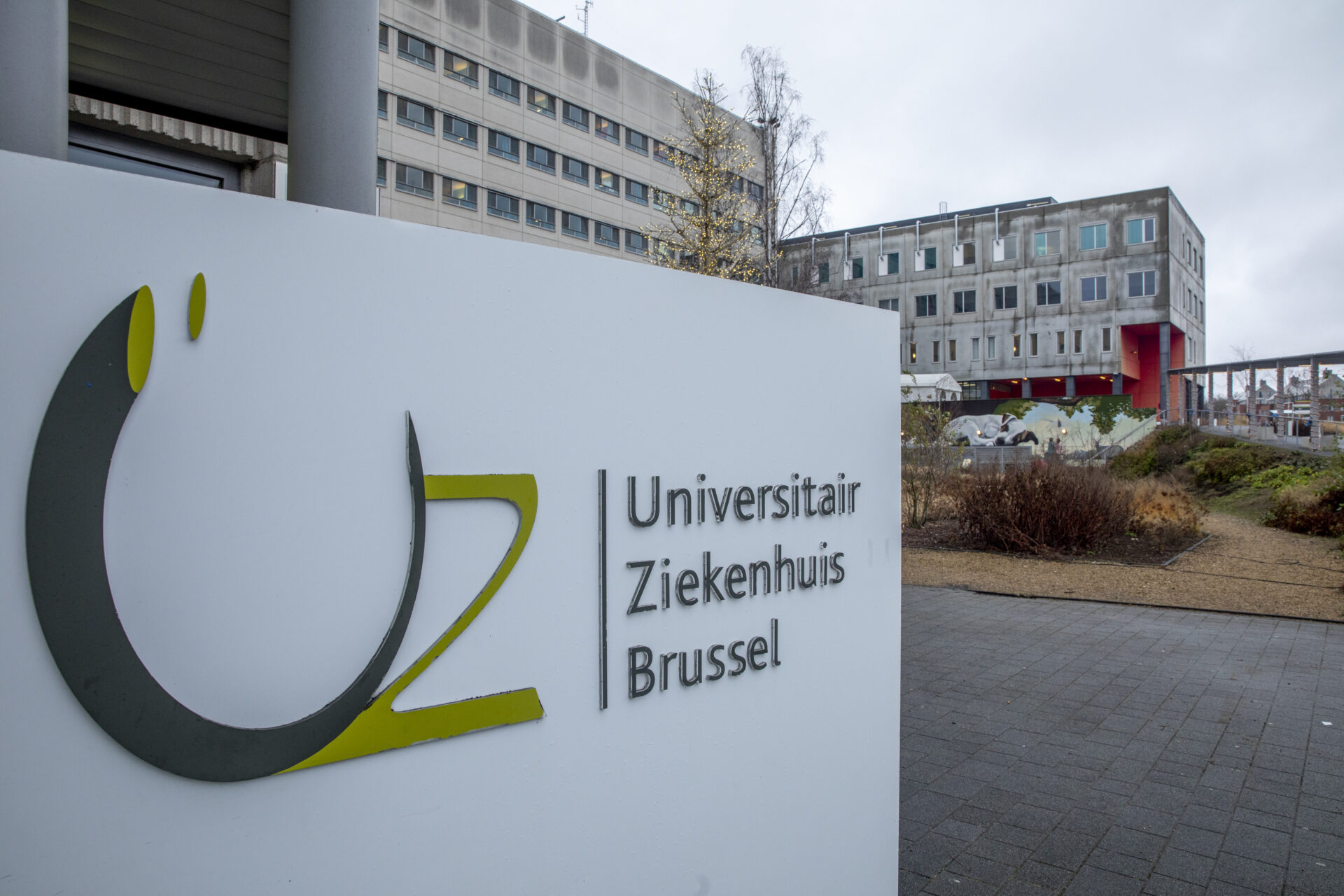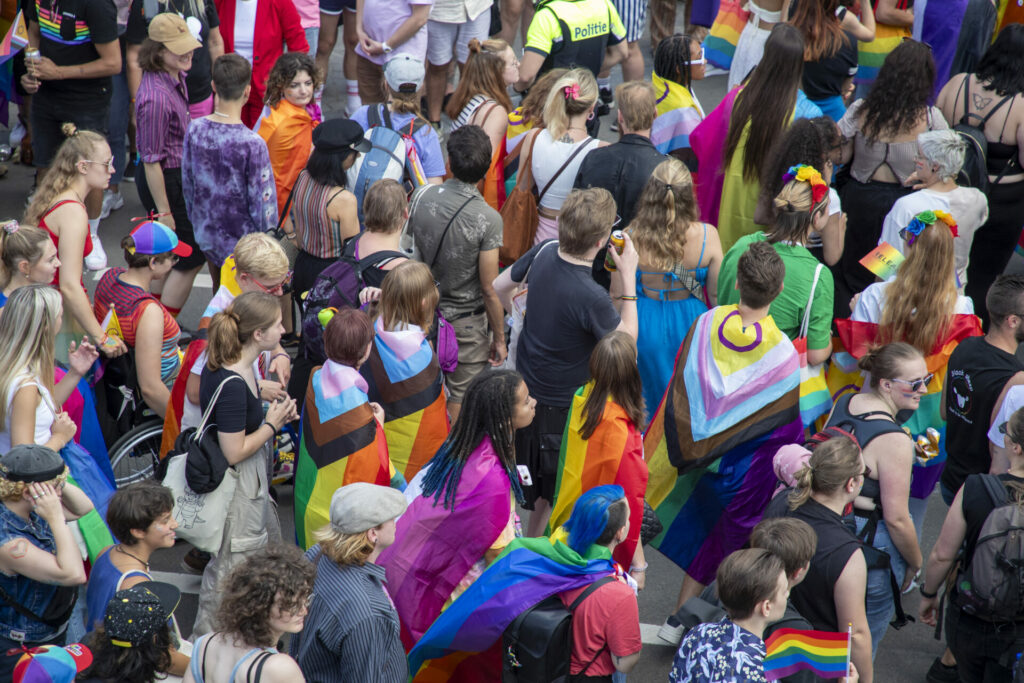A budget of €480,000 has been allocated for the creation of five additional transgender support centres in Belgium.
As it stands, there are two support centres in operation at the CHU in Liège and in Ghent University Hospital (UZ). The National Institute for Health and Disability Insurance (INAMI) says the creation of five more centres is in response to the growing demand for more geographically accessible services across Belgium.
The centres connect transgender people to expert medical assistance and provide support for coming to terms with gender identity, which might be different from the one assigned at birth.
A specialist team assists with an array of issues such as gender expression (how someone might wish to present themselves to society) and gender dysphoria - feelings of physical or mental distress commonly experienced by someone who is transitioning.
Like the pre-existing centres, the new systems will be installed within hospitals rather than as stand-alone facilities, although no exact locations have been disclosed. "A transition can be so overwhelming, let alone the administration side of it," says diversity and inclusion policy expert Tilke Wouters. "A centre that already has connections to the hospital where surgery will happen makes it easier."

Credit: Belga / Hatim Kaghat
Wouters is from Ghent, hailed as a particularly progressive milieu for transgender rights. In May, the city introduced 20 days of ‘transition leave’ for public officials wishing to undergo gender reassignment, making it one of the first in the world to do so alongside the Flemish government.
Despite this remarkable step, things still stand to improve for the city’s transgender community. Wouters, who is transgender, says they are lucky to be living in Ghent but laments the two-year waiting list for the support centre.
In addition, physical distance constitutes a significant obstacle to transgender people located far away from the two centres currently in operation. "It’s not just one appointment," says Wouters. "If I needed to travel more than an hour to go every time, I don’t know if I would do it."
Mental health and discrimination
In conjunction with making services more accessible, INAMI will provide a number of services for free. This includes up to 40 sessions of counselling for individuals and/or their families, pre-operation and post-operation sessions for those undergoing surgery, and medication for under 21s.
Gender dysphoria and strong feelings of alienation from society are linked with dismal mental health statistics among the transgender community. A recent survey conducted by UZ and Transgender Infopunt revealed that 7 in 10 LGBTQ+ people living in Flanders had contemplated suicide at least once in the past two years.
The same survey's findings indicated harsh difficulties in the public space as in healthcare. One in three respondents said they had experienced physical violence, and 93% also experienced verbal or psychological violence. To counter discrimination of this sort, Belgium has taken steps to make public life more inclusive of transgender people.
The 2023 ILGA-Europe Rainbow Index placed Belgium in second place behind Malta for the legal, political and human rights it grants to LGBTQ+ people. Since 2018, anyone can change their legal name and gender as many times as they like, a move that was celebrated by the transgender community.

